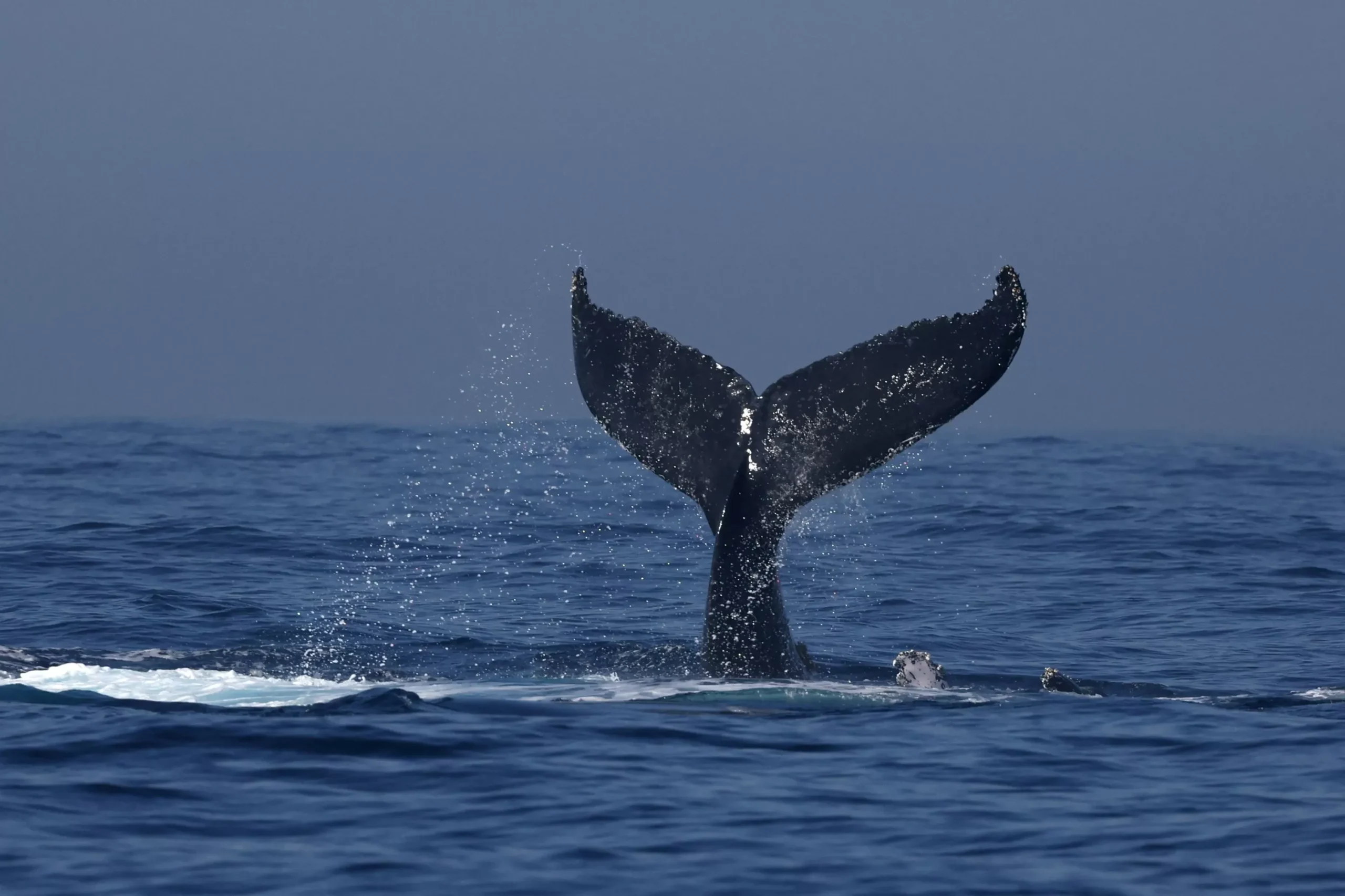The World’s Rarest Whale Found on New Zealand Beach
In what can only be described as a once-in-a-lifetime event, the world’s rarest whale has been found washed ashore on a New Zealand beach. The country’s conservation authority has confirmed that the whale is believed to be the extremely elusive Spade-toothed beaked whale, a species that has never been seen alive in the wild.
The discovery was made by a group of locals who were out exploring the coastline of New Zealand’s remote North Island. They stumbled upon the carcass of the whale and immediately contacted the Department of Conservation (DOC). The DOC team, along with a team of marine biologists, were stunned to discover the true identity of the whale.
The Spade-toothed beaked whale is so rare that it has only been seen a handful of times, all of which were sightings of dead or dying animals. In fact, the last time this whale was sighted was in 1872 off the coast of the Chatham Islands, an archipelago located about 800 kilometers east of New Zealand. This makes the recent discovery of the whale on a New Zealand beach even more extraordinary.
The Spade-toothed beaked whale is one of the rarest and most mysterious creatures on our planet. It is believed to be the world’s rarest whale, with only two confirmed sightings and a few unconfirmed sightings in the last two centuries. This elusive creature is so rare that scientists have been unable to gather any information about its behavior, diet, or population.
The DOC team, along with the help of the local community, have been working tirelessly to retrieve the carcass and gather as much information as possible about this mysterious creature. The whale, which measures about 5 meters in length, is being carefully examined for any clues about its life and death. The team is also collecting tissue samples for DNA analysis in the hopes of learning more about the genetics and population of this elusive species.
The Spade-toothed beaked whale is a deep-water species that is rarely seen near the surface. This, combined with its elusive nature, has made it almost impossible for scientists to study this species. The recent discovery of the whale on a New Zealand beach has given researchers an unprecedented opportunity to learn more about this rare creature.
The DOC team is also working to ensure that the remains of the whale are properly disposed of and do not pose a threat to the local ecosystem. The beach where the whale was found has been closed to the public as a precautionary measure. The team has also urged the public to stay away from the carcass and to report any further sightings of the whale to the authorities.
The discovery of the Spade-toothed beaked whale on a New Zealand beach has sent shockwaves through the scientific community. It is a testament to the incredible biodiversity of our oceans and a reminder that there is still so much we have yet to discover. This rare find has given us a glimpse into the unknown and has sparked a renewed interest in the conservation of our marine life.
The DOC team is continuing their efforts to gather more information about this elusive species, with the hope of one day being able to see it alive in its natural habitat. The discovery of the Spade-toothed beaked whale has also highlighted the importance of protecting our oceans and the creatures that call it home.
In a world where species are disappearing at an alarming rate, the discovery of the world’s rarest whale on a New Zealand beach is a glimmer of hope. It is a reminder that there is still so much to learn and discover, and that we must do everything in our power to protect and preserve our planet’s biodiversity.








